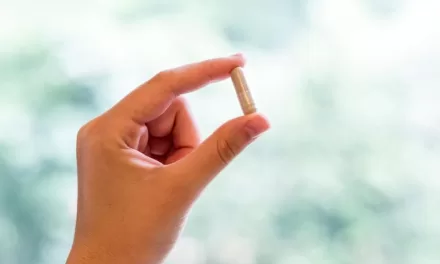International experts, backed by a comprehensive study, are calling for a pivotal shift in hypertension guidelines, advocating for the incorporation of low-sodium potassium-enriched salt. Professor Alta Schutte from the George Institute for Global Health highlighted the urgency of this measure, underlining the current incomplete and inconsistent recommendations regarding the use of such salt substitutes in clinical guidelines.
“As a society, we must prioritize the availability and accessibility of low-sodium, potassium-enriched salts – at home, in restaurants, and in grocery stores. These products should not be marketed or priced as a luxury. Low-sodium, potassium-enriched salt can become the new default,” emphasized a doctor responding to the study’s findings.
In India, where daily salt consumption often exceeds recommended levels set by the World Health Organization (WHO), health professionals stress the critical need for reducing sodium intake. Dr. Somnath Gupta, a senior diabetologist, pointed out that while the WHO recommends less than 5g of salt per day, the average Indian consumes about or more than 10g. This excessive intake is linked to cardiovascular diseases, cerebrovascular disease, and hypertension, among other health concerns.
While the benefits of low sodium intake are emphasized for the general population, there are concerns about potential risks, especially in subsets of patients with kidney disease and those with high serum potassium levels due to drugs or other causes. Senior consultant physician Dr. Dilip Gude cautioned about an increased risk of arrhythmias/sudden cardiac death in such cases.
Addressing concerns about potassium-enriched salt affecting individuals with advanced kidney disease, Professor Vivekanand Jha reassured that existing studies had not reported serious problems due to the use of potassium-containing salt substitutes.
Diabetologist Dr. Hamsa Rani stressed the importance of routine monitoring of sodium and potassium levels. She expressed concern about the lack of routine testing, making it challenging to identify potential problems early on. Symptoms of potassium deficiency, such as high blood pressure, constipation, muscle weakness, and heart problems, need vigilant monitoring.
Dr. Rani encouraged individuals to engage in proactive discussions with their healthcare providers, advocating for a more comprehensive approach to preventive care. While hidden threats of low sodium and potassium levels may be present, informed conversations and a proactive mindset can empower patients to work collaboratively with their healthcare teams for a more thorough and personalized approach to well-being.











